What's the meaning of the Minnesota Vikings Logo »
Minnesota Vikings Logo
This page is about the meaning, origin and characteristic of the symbol, emblem, seal, sign, logo or flag: Minnesota Vikings Logo.
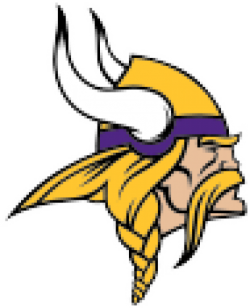
From the team's debut in 1961 to 1995, the Vikings' logos and uniforms essentially remained the same. Reflecting Minnesota's Scandinavian cultural heritage, one of the team's two primary logos consists of a profile of a blond norseman, while the other consists of a white Viking horn.
The team's helmet is purple with a Viking horn logo on each side. Each horn is outlined in gold. The horn logo was slightly revised in 2006. The original uniform design consisted of white pants, gold trim, and either purple or white jerseys. From 1962 to 1964, the Vikings wore purple pants with their white jerseys (The Vikings, with their new uniform, still wear, on occasion, purple pants with yellow and white trim). In a design that was unique among American football teams, the white jerseys had a completely different stripe pattern, which was over the shoulders, than the purple ones, which was around the sleeve cuff. These unique shoulder stripes on the white jerseys did not appear until 1969, the year
The Vikings tweaked their Norseman logo, which involved updating the shading, altering the shape and base of the horns, thickening the mustache and face, making the gold tones brighter, and shortening the braid. The new logo was unveiled on February 14, 2013. On March 28, the team reported that new uniforms will be unveiled on April 25.
On April 25, 2013, the Minnesota Vikings unveiled the club's new uniforms during its annual NFL Draft party.
From 1969 through 1973, the Vikings had an alternate purple jersey without stripes for warm-weather games.
The team's uniforms were redesigned in 2006, the first significant change in the franchise's 46-year history. Although the team colors remained the same, trim lines were added to the outside shoulders and sleeves, and the sides of the jerseys and pants. In addition the horn on the helmet was slightly more defined. Included in the new design are both white and purple pants, the purple pants have not been regularly used since 2007, but resurfaced twice in 2010.
The team wore black armbands for the last four games in 1978 in memory of Jack "Jocko" Nelson, an assistant coach who died during the season. In 1985 the team wore a 25 years patch on their jerseys. In 1989, they wore a "40 for 60" patch honoring the 1969 NFL championship team. They wore a 35 years patch in 1995, 40 years in 2000 and 45 years in 2005. They also wore patches in 1999 for assistant coach Chip Myers who died in the offseason and in 2001 for Korey Stringer. The Vikings, like other teams, wore NFL 50th and 75th anniversary patches in 1969 and 1994.
- 1,428 Views
Graphical characteristics:
Asymmetric, Closed shape, Colorful, Contains curved lines, Has crossing lines.
Category: Sports symbols.
Minnesota Vikings Logo is part of the National Football League group.

More symbols in National Football League:
The National Football League (NFL) is a professional American football league consisting of 32 teams, divided equally between the National Football Conference (NFC) and the American Football Conferen… read more »
More symbols in Sports symbols:
Symbols team logos and popular crests used in all kind of sports. read more »
Citation
Use the citation below to add this symbol to your bibliography:
Style:MLAChicagoAPA
"Minnesota Vikings Logo." Symbols.com. STANDS4 LLC, 2025. Web. 23 Feb. 2025. <https://www.symbols.com/symbol/minnesota-vikings-logo>.
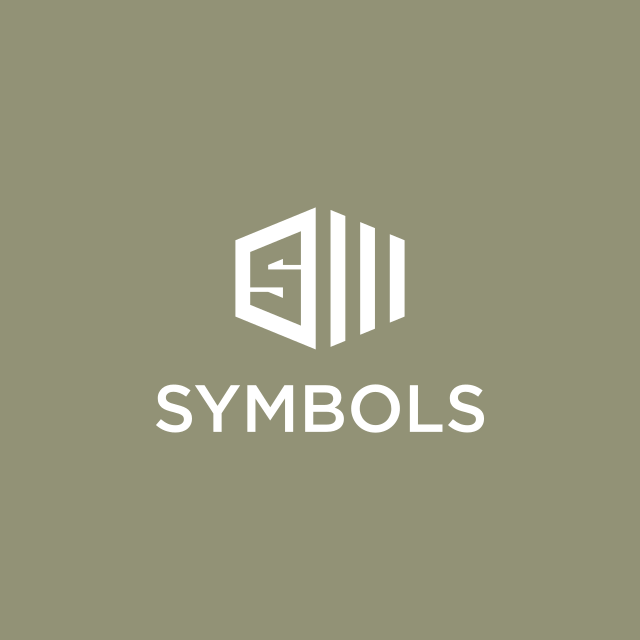
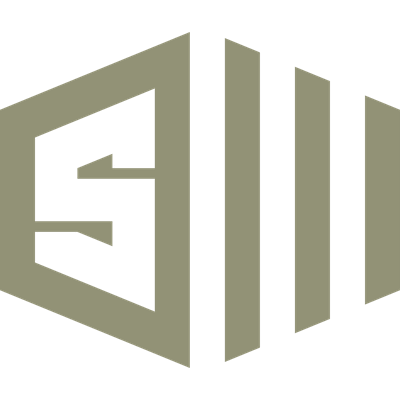
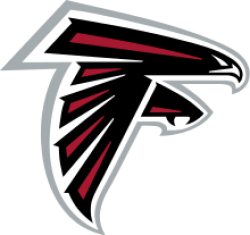
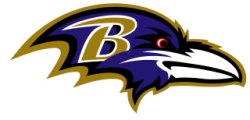
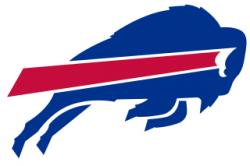
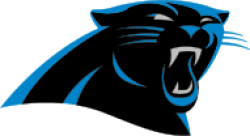
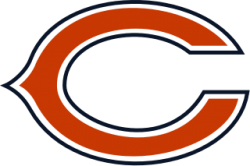
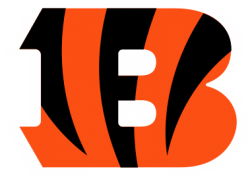
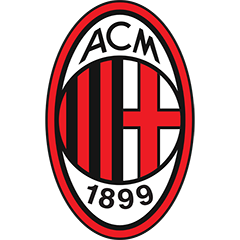
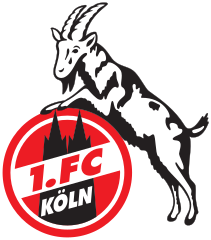
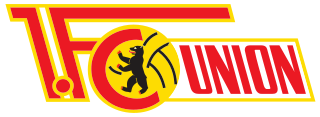
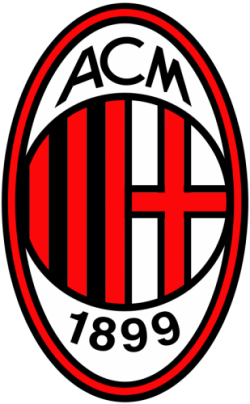
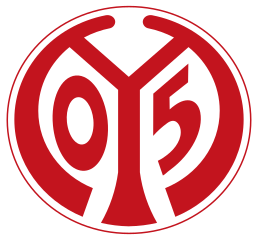
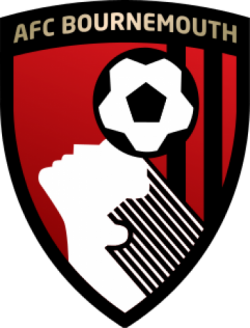




Have a discussion about Minnesota Vikings Logo with the community:
Report Comment
We're doing our best to make sure our content is useful, accurate and safe.
If by any chance you spot an inappropriate comment while navigating through our website please use this form to let us know, and we'll take care of it shortly.
Attachment
You need to be logged in to favorite.
Log In